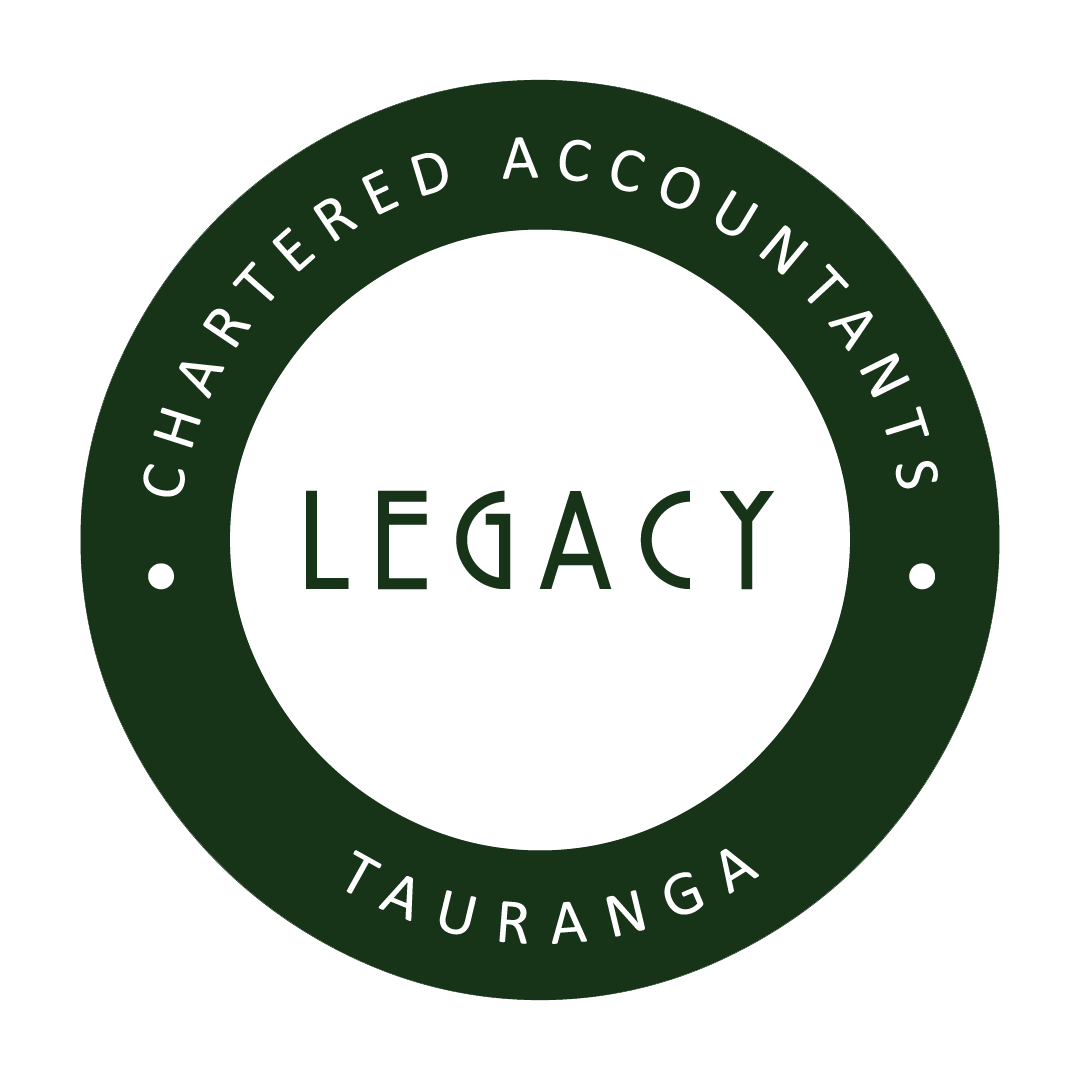Getting paid 101
Produce, sell, invoice, collect. What a simple process business trading can be. Many businesses have excellent systems in place for the first three aspects of trading, but fall down badly when it comes to getting paid by their debtors.Here are some helpful hints for getting debtors’ money into your bank account. Remember 'Cash is King!'Prior to making the sale:
- Engage your customers and ensure they are familiar with and sign your terms of trade, which for larger transactions should include a personal guarantee and an authorisation for credit checking
- Ensure your quotes are detailed and accurate and allow for any extras to be authorised
- Develop quality control systems which prevent poor product or service delivery
Clarify with customers how and when payment is expectedAfter delivery of your product or service:
- Send accurately detailed invoices promptly, restating the due date for payment
- Promptly follow up any customer issues, avoiding the likelihood of a dispute
- Contact customers immediately if payment is not received on due date
What next if you have a satisfied customer who just refuses to pay?
- If phone or email contact has been unsuccessful, write to the debtor advising that if the invoice is not paid within 7 days the account will be referred to a debt collector.
- Be true to your word and don’t pussy foot around. Take a strong stance and refer the debt for collection by a reputable agency.
- The debt collector will take you through the process, which may include a number of legal remedies depending upon the debtor’s legal structure and the nature of the goods or services supplied.
Often the threat of legal action will frighten the debtor into paying up, so don’t be shy in demanding payment in this way. Remember also that great debt collectors are very experienced at getting blood out of a stone. Unless you or your staff have the experience and passion for collecting money, it’s unlikely you’ll get the same result.This post is from Jason Lougher. Jason is a chartered accountant who moved back to the Bay of Plenty – his favourite part of the world – to work with small and medium enterprises. Jason’s passion is taxation and effective tax structuring, trust set up and intergenerational planning, Inland Revenue audits and tax disputes, and business development. Jason works closely with the other directors to combine their skill sets to achieve the best outcome for clients. Additionally Jason is on the NZICA Bay of Plenty Local Leadership Team and is a Business Mentor with Business Mentors New Zealand. Legacy Chartered Accountants has offices in Whakatane and Tauranga.
